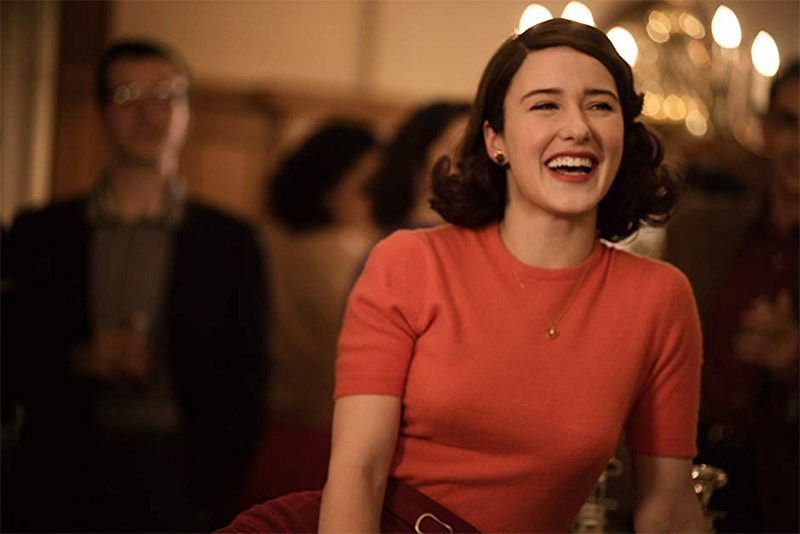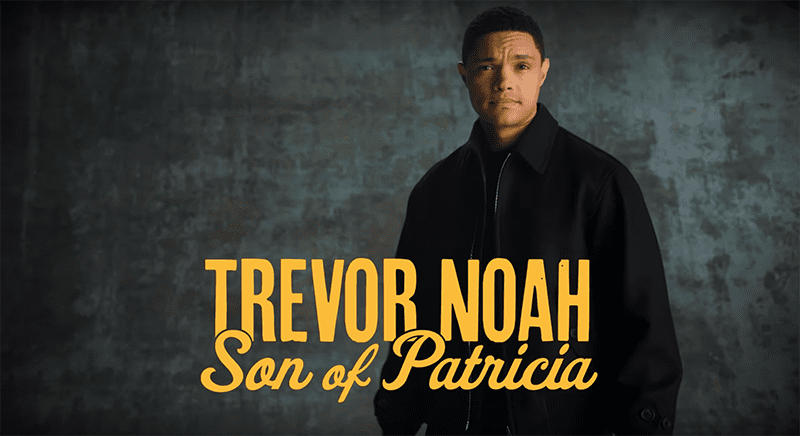
The Amazon Prime Original, The Marvelous Mrs. Maisel, follows upper class Jewish housewife, Miriam “Midge” Maisel as she develops and impromptu stand-up career in the late 1950s New York comedy scene. Using elements of drama, comedy, and musicals, creator Amy Sherman-Palladino (Gilmore Girls) combines whimsy and grit to produce an ode to the ambition and ingenuity of women. With the second season we watch our favorite crass housewife turned working woman own her dreams of being the greatest stand-up comedian as she knuckles down and takes the stage.
While I’ve never been a fan of Gilmore Girls, I have overheard enough episodes as my roommates watched in the living room while I cooked in the kitchen to recognize Sherman-Palladino’s signature high-speed rhetoric. And to be completely honest it both amazed and annoyed me. I remember thinking, I have never heard so many people talk so fast all at the same time. This is so unrealistic. Yet, Sherman-Palladino employs this same technique for Marvelous Mrs. Maisel, and somehow, it works. Because of the fast-paced nature of protagonist Midge’s life, her rapid-fire speech matches the equally dizzying speed of the changes taking place in her life. From discovering her husband is having an affair with his secretary, to moving back in with her parents, getting a job at a makeup counter, and starting an impromptu career as a comic, Midge’s life is a whirlwind. The quick and dense dialogue also helps to highlight the neurotic aesthetic of Jewish humor and stand-up that was birthed and developed in New York at the time. The hurried verbal exchange adds to the whimsical, Broadway play style of the show.
The costume and choreography also contribute to the marvel of the series. Characters are adorned in bright colors, soft pastels, or light nudes, keeping the tone bright and cheery even though the show deals with some more serious subjects like divorce, sexism, and unhappiness. The actors move almost as if they are dancing with the cameras following the action as it goes down the line of department store phone operators as they answer and connect calls. This mix of whimsical aesthetic with the hard issues of life acts as a blurring of reality – a softening of seriousness of emotional struggle, and thus reframing the concept of marvelous.
In many ways, the whimsical nature of the show is one of its strengths as is its pro-woman stance. However, one does not have to look far to see what feels like a fantasy for most of us. Midge is a well-educated woman living in a fancy apartment on the upper west side. Although the protagonist and her two children live with her parents, she has a maid/nanny named Zelda, who is seemingly always available to accommodate any request. However, despite her privileged lifestyle, the restricting nature of acceptable womanhood that Midge has to trespass is what makes her likable and her story (somewhat) relatable.







